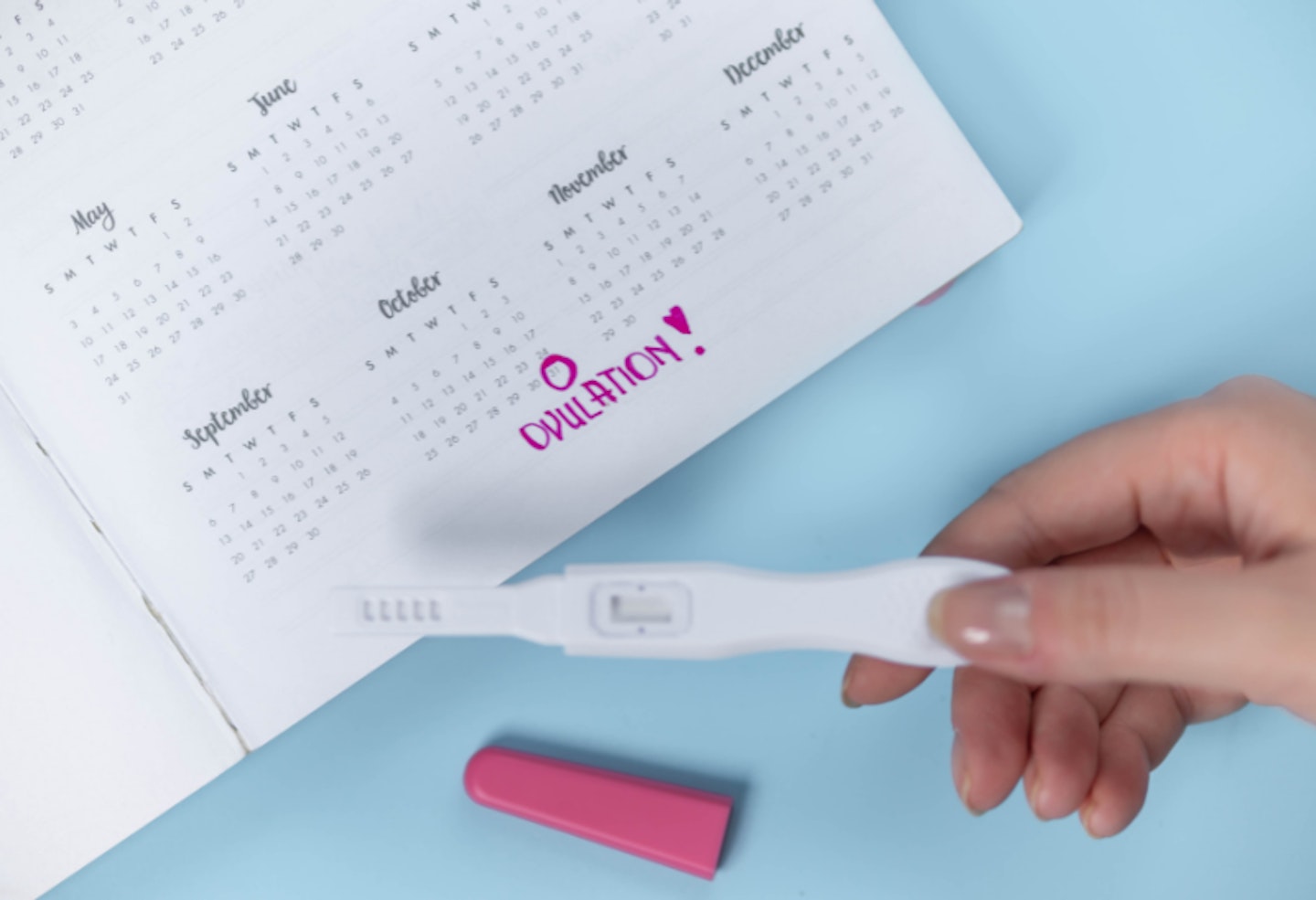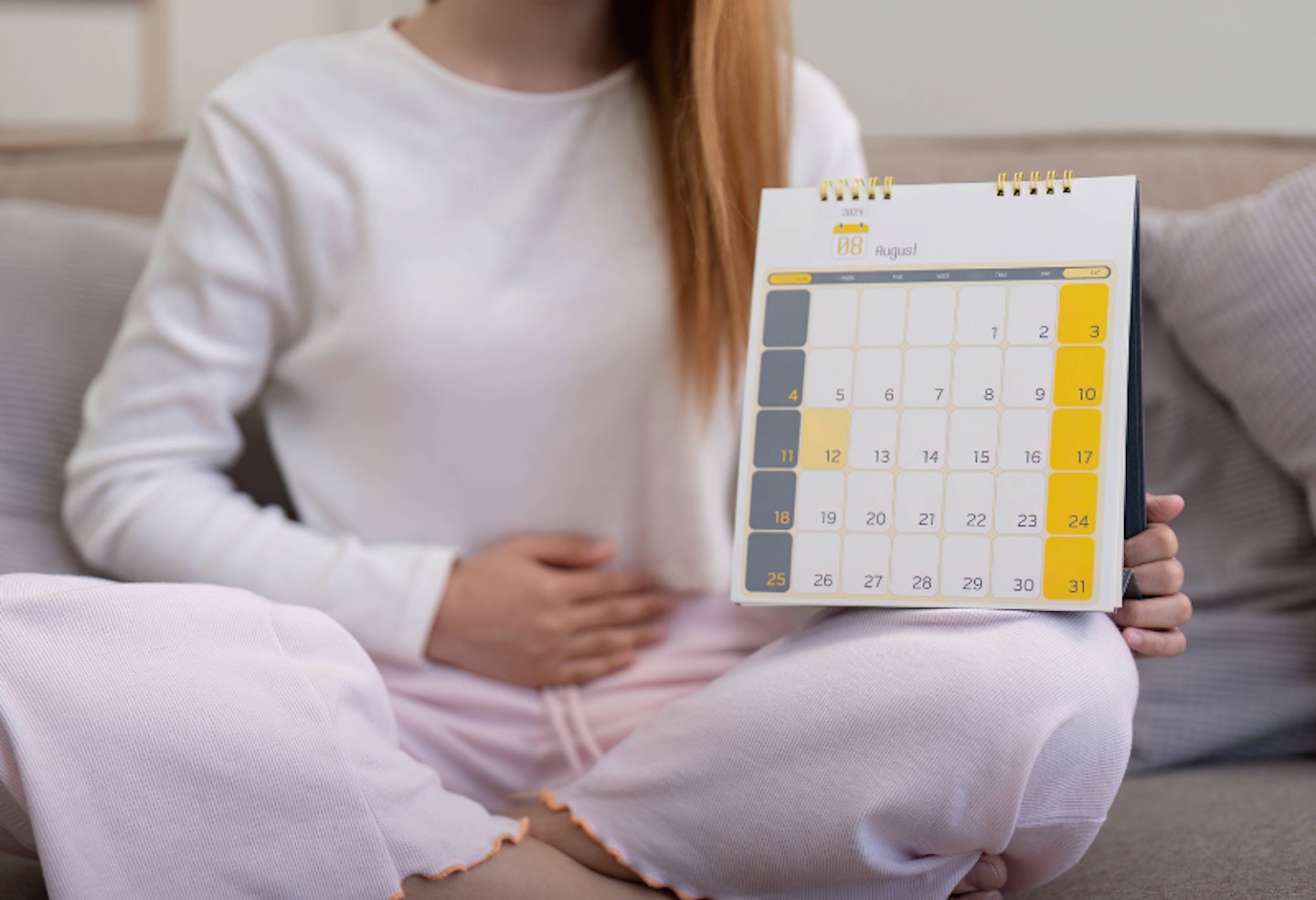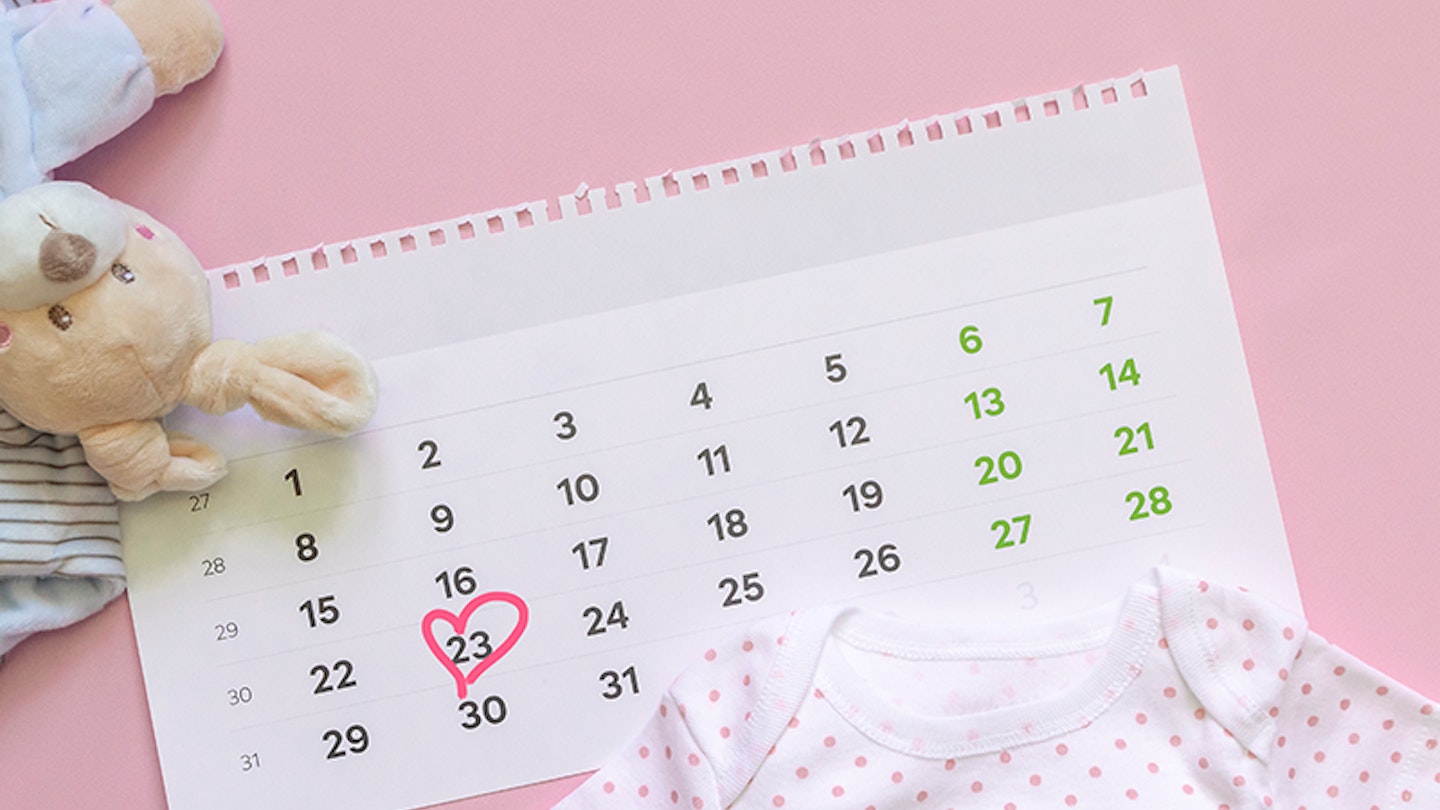Article medically reviewed by Sandy Christiansen, Lead Fertility Coach & Clinical Embryologist, with Bea Fertility.
Although you’re at your most fertile around the time of ovulation, it’s still possible to get pregnant after ovulation has happened, but as the egg only lives for 12-24 hours following ovulation - timing is key.
Ovulation is the process that happens once a month when an egg matures – usually just one – and is released from one of your ovaries. It then travels down the fallopian tube, where fertilisation may take place if sperm are available. Sandy explains, "the fertilised egg will continue to travel down the fallopian tube and attach itself to the lining of the uterus (implantation) roughly 5-6 days later."
Women are more likely to get pregnant when having sex in the days leading up to ovulation, as sperm can survive for up to five days in the cervix. These five days, plus your ovulation day, is known as your fertile window, and if you’re trying to conceive (TTC) it’s a good idea to have plenty of sex during this period to boost your chances of getting pregnant.

How do I calculate my fertile window?
The fertile window can differ slightly for everyone. To calculate your fertile window, you can start by counting how many days from the first day of your period until the start of your next period, which will indicate the length of your menstrual cycle. The NHS says that on average, your menstrual cycle should be 28 days, however, this can vary from 23 to 35 days. They also state that "women who have a regular, 28-day cycle are likely to be fertile around day 14 of their menstrual cycle." However, on average it is between 10-16 days before your next period.
How to track ovulation?
If you are unsure when your fertile period is then you can work out your most fertile days with our ovulation calculator. However, there are other ways to track ovulation. As well as using an ovulation calculator to work out when your fertile days are, you can also buy ovulation test kits to find out when you’re ovulating.
On top of this, there are some signs and symptoms of ovulation to look out for to indicate you are ovulating. These can include changes in body temperature, a change in discharge and an increased sex drive. Your basal body temperature, or the temperature of your body at rest, can be tracked for a few months to try and help predict ovulation. If you take your temperature every day after waking, you might notice a slight increase around ovulation. When it comes to discharge, during, or near, ovulation, you might notice it becomes thin, clear and slippery, to help sperm reach the egg. Some women also experience ovulation pain, as well as ovulation spotting.

What are the chances of becoming pregnant on each day before or after ovulation?
The likelihood of getting pregnant varies for everyone. However, on average the probability of conception30432-7/fulltext){href='https://www.fertstert.org/article/S0015-0282(19)30432-7/fulltext' } day by day are:
3 days before ovulation - 27%
2 days before ovulation - 33%
1 day before ovulation - 41%
Ovulation day - 20%
Day after ovulation - 8%
Of course, the above depends on other factors including age, fertility, and how often you have sex, it is only a general indication of fertility before, during and after ovulation.
How likely are you to get pregnant after ovulation?
As the egg can only survive for 12 - 24 hours after being released, it’s unlikely you’ll get pregnant after 24 hours have passed. You can get pregnant the day after ovulation has happened, however, the best chances of getting pregnant are actually if you have sex the day before ovulation happens.
If you are trying to conceive you can use an ovulation kit and have sex when you have a positive ovulation test. Sandy says, "a positive ovulation test indicates that ovulation will happen within 1-2 days and then you’ll be having sex on the days with best chances of conceiving!" You can also take note of things like body temperature, discharge and sex drive which will all help you predict when you are ovulating.
How do you know if you are not ovulating and when to speak to a doctor?
Irregular periods can be a sign that you might not be ovulating, however, there are many reasons for an irregular cycle. The NHS says that they can be caused by stress and anxiety, too much exercise, extreme weight loss or weight gain, polycystic ovary syndrome or thyroid conditions. Therefore if you are worried about whether you are ovulating, and you are actively trying to conceive it is best to speak to a doctor. The NHS advises you seek help if you have been trying for a year, if you have a long-term medical condition, if you regularly take medicines or if you’re 36 or older and want to get pregnant.
About the expert
Sandy Christiansen, MSc, BSc, ESHRE (European Society of Human Reproduction and Embryology) Certified Clinical Embryologist, HCPC (The Health and Care Professions Council) registered Clinical Embryologist and Certified Coach, is the Lead Fertility Coach & Clinical Embryologist, with Bea Fertility. She has worked in both NHS and private fertility clinics and has a vast knowledge of pre treatment investigations, hormone stimulations and genetics.
Stephanie Spencer is the Hub Editor at Mother&Baby and auntie to four aged 8 to 6 months old. With a particular interest in health, she loves discovering products that make parent’s lives easier.
